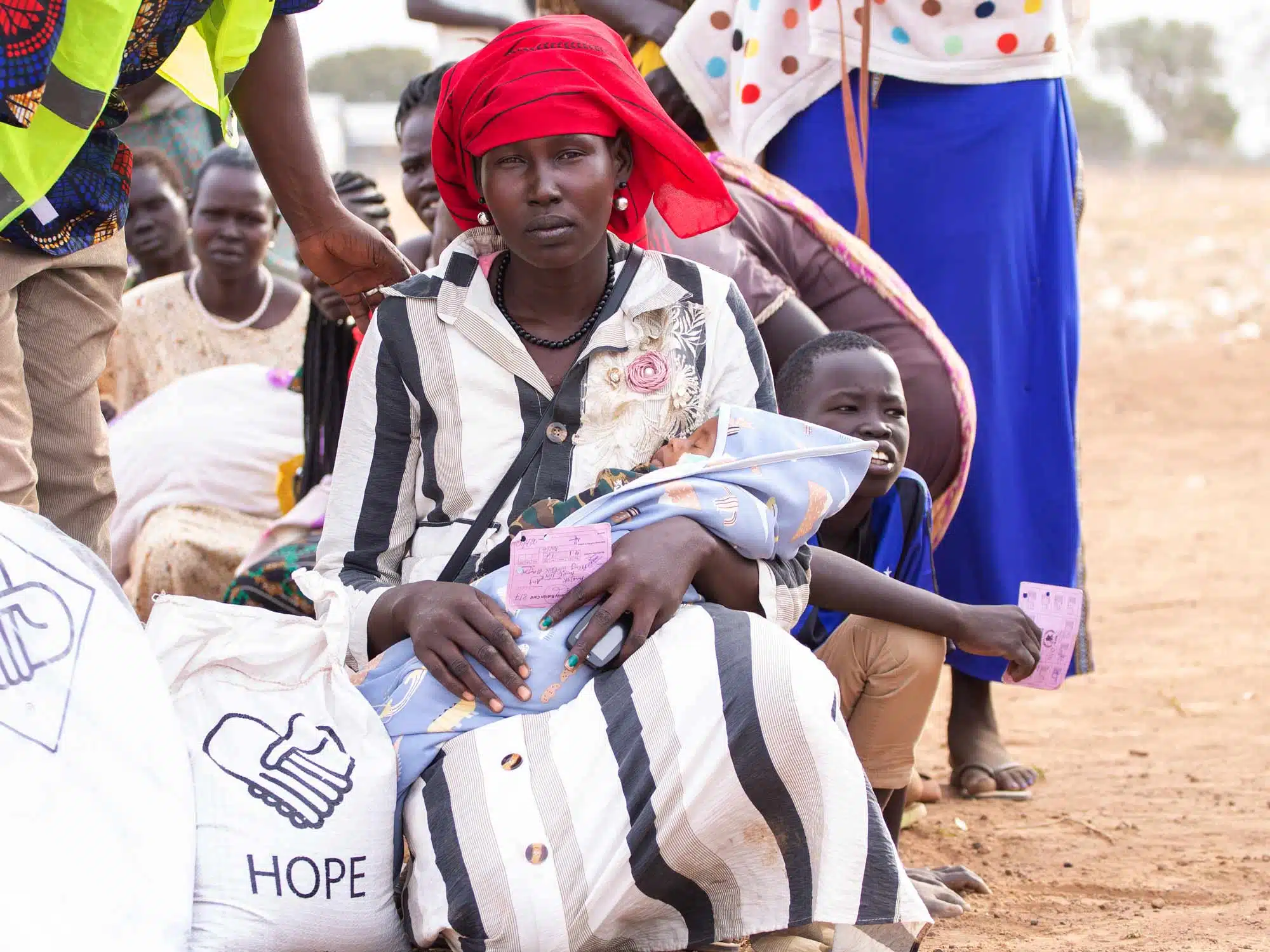Women’s empowerment has made great strides in recent decades, but the work is far from over.
It seems inconceivable today, but Susan B. Anthony was arrested and tried for voting in the U.S. presidential election of 1872. In advance of her trial date, she traveled to some 50 towns to offer public speeches in her own defense.
She quoted the preamble to the U.S. Constitution:
“We, the people of the United States, in order to form a more perfect union, establish justice, insure domestic tranquility, provide for the common defense, promote the general welfare, and secure the blessings of liberty to ourselves and our posterity, do ordain and establish this constitution for the United States of America.”
She then zeroed in on that keyword “we”:
“It was we, the people, not we, the white male citizens, nor yet we, the male citizens; but we, the whole people, who formed this Union. And we formed it, not to give the blessings of liberty, but to secure them; not to the half of ourselves and the half of our posterity, but to the whole people — women as well as men.”
Addressing much more than just voting rights, women’s empowerment refers to the process of enabling women to take control of their own lives, both personally and professionally.

Advocating for women is a necessary step toward affirming global human rights.
This article squarely positions women’s empowerment as a powerful component of seeking the best life possible for everyone.
In this article, we will discuss:
- • What is women’s empowerment?
- • Why is women’s empowerment important?
- • How does women’s empowerment impact education, health care, the workplace, and economic opportunities for women?
- • What is Convoy of Hope’s Women’s Empowerment program?
Let’s dive in!
What Is Women’s Empowerment?
Women’s empowerment means giving women the tools, resources, and support they need to live their lives to the fullest and achieve their goals.
Increasing the social, economic, political, and legal strength of women enables them to make strategic decisions about their lives and well-being, benefiting themselves and others.
The key to empowering women is to increase their access to resources and opportunities, such as:
- • Education
- • Employment
- • Health Care
- • Property Rights
Along with those increases, it is just as important to reduce discrimination and violence against women.
In January 2022, South African President Cyril Ramaphosa signed three key pieces of legislation into law. These laws afford greater protection to survivors of gender-based violence and ensure that perpetrators can no longer use legislative loopholes to evade prosecution.
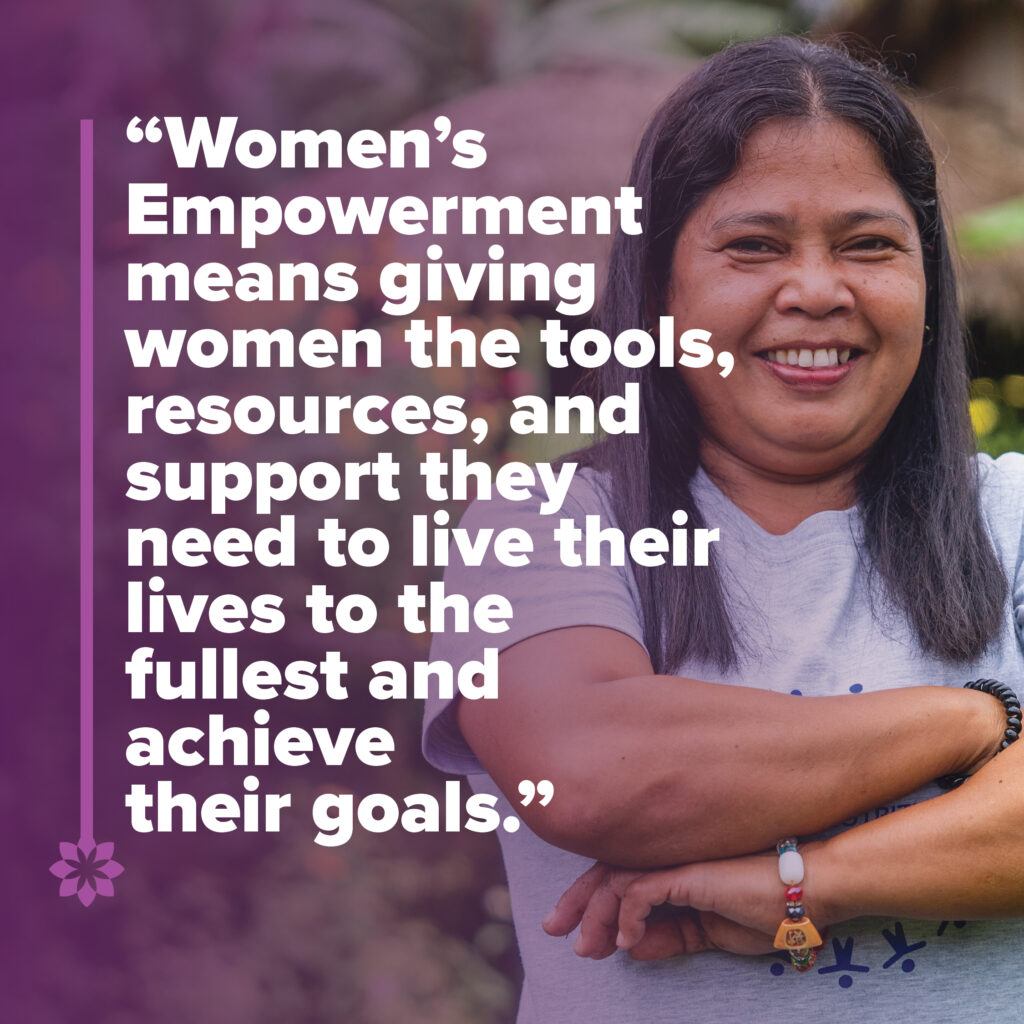
Similar legislative steps could potentially address discrimination and violence against women globally.
“We must all play our part, as individuals, institutions, and leaders across society, to end these crimes against women and children,” President Ramaphosa said.
Why Is Women’s Empowerment Important?
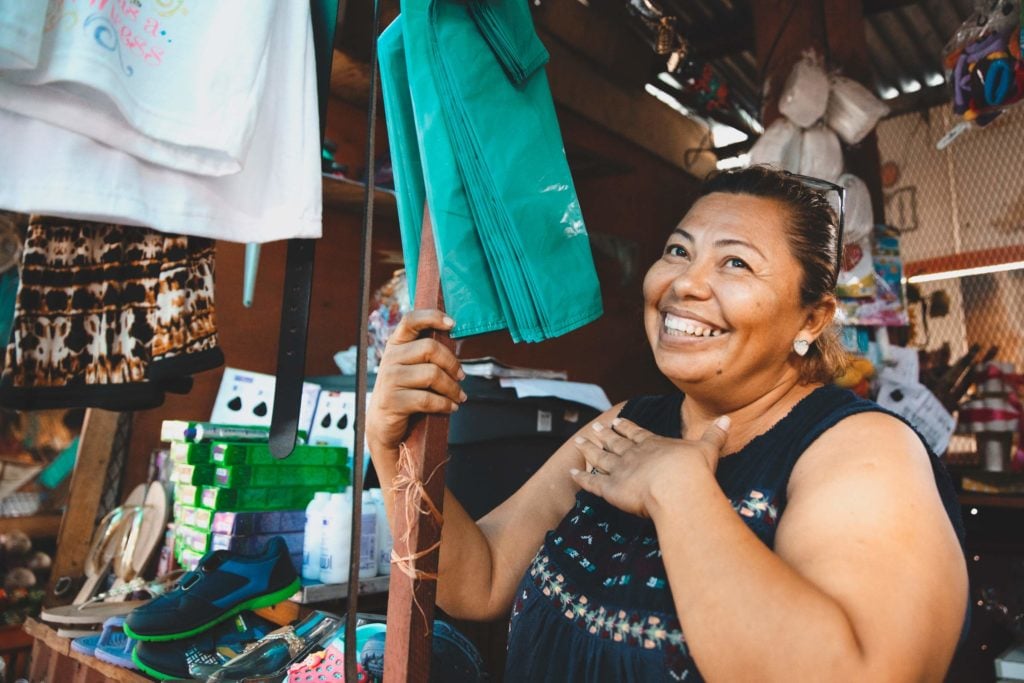
Empowering women is essential for achieving gender equality and promoting sustainable development. Studies have shown that when women are empowered, they are more likely to:
- • Participate in the workforce.
- • Invest in their families and communities.
- • Become leaders in their fields of employment and expertise.
When women are empowered, they contribute to improved economic growth, reduced poverty, and better health and education outcomes for all.
However, despite progress in recent years, women continue to face significant barriers to empowerment.
Many women still lack access to education and job opportunities, and they often earn less than men for the same work. They also disproportionately bear the burden of unpaid care work and are more likely to experience violence and discrimination.
For example, the United Nations’ Committee on the Elimination of Discrimination against Women hears regular reports from agencies promoting women’s rights. In a February 2023 session, the committee received updates on the continued challenges of women’s lack of protection from domestic violence, patriarchal laws, and the prevalence of early marriage.
To truly empower women, it is essential to address these systemic barriers and to ensure that women have the same opportunities and rights as men.
This includes policies and programs that promote gender equality and women’s rights, as well as efforts to challenge and change the cultural and societal norms that perpetuate discrimination and inequality.
Importance of Education
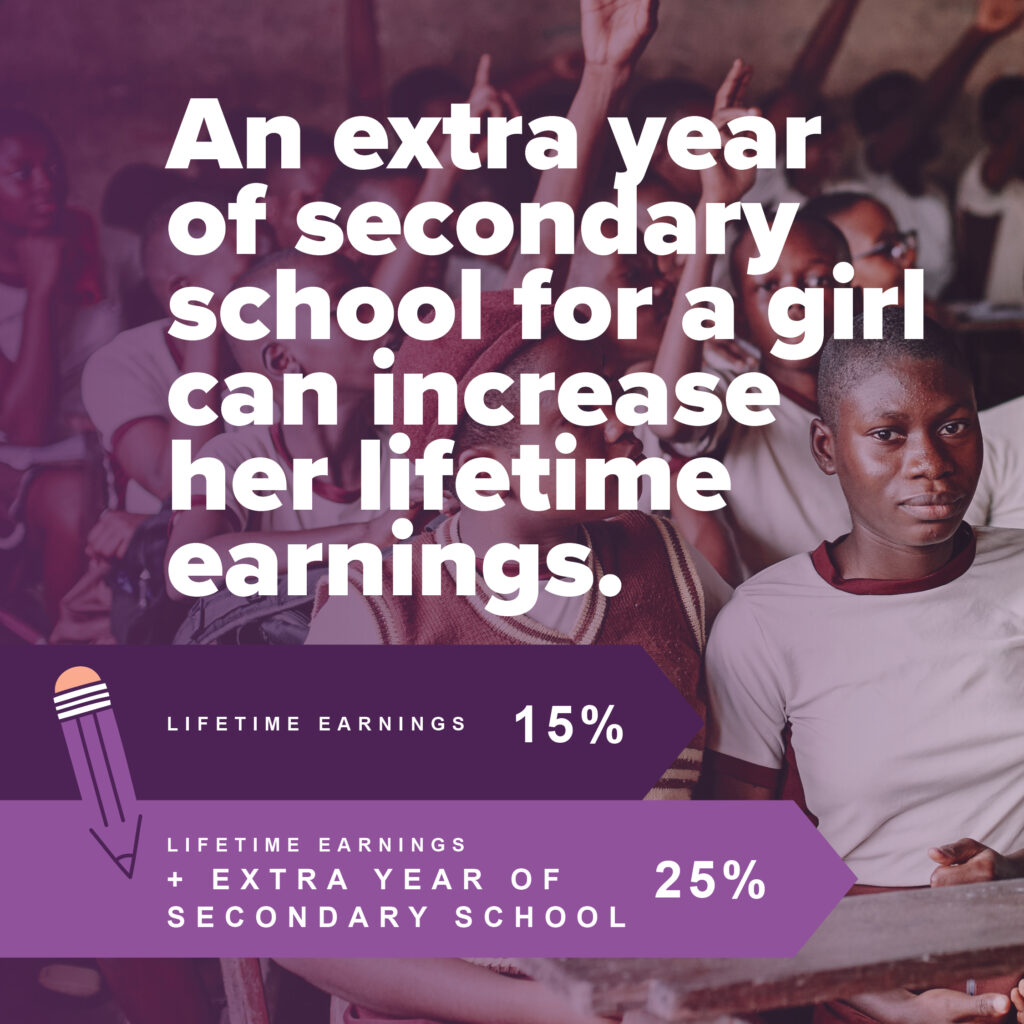
“There are over 130 million girls missing out on an education,” actress Emily Blunt said when speaking at Variety’s Power of Women event in New York in 2018.
“Because they have to work, or they are married by the age of 12, or they lack access to school facilities, or have to care for younger siblings — denying them their fundamental right to an education.”
Education is a key tool for empowering women, as it allows them to acquire the skills and knowledge they need to succeed in their personal and professional lives.
According to Mila Smart Semeshkina, Founder and CEO of Lectera.com and President of the Women’s Empowerment Council, “An extra year of secondary school for a girl can increase her lifetime earnings by 15% to 25%.”
Education can help break the cycle of poverty and improve the economic status of women and their families.
Education is not just about reading and writing. It is about teaching women to think critically and independently and giving them the ability to make informed decisions about their own lives.
Importance of Health Care
Equal access to health care is critical for women, as it allows them to take control of their own bodies and make informed decisions about their own health.
This includes things like:
- • Access to preventative care.
- • Treatments for illnesses and diseases.
- • Safe childbirth.
There are signs of hope. UNICEF reported a 50% decline in the maternal mortality ratio from 1990 to 2015 (from 220 to 110 maternal deaths per 100,000 live births) across the Middle East and North Africa.
But the organization notes that delivery-related complications, such as hemorrhage and abdominal bleeding, hypertensive disorders, maternal sepsis, and other related infections, continue to take the lives of too many women.
Women should have access to the health care they need to lead healthy and fulfilling lives. As well, when women succeed in health care leadership, they can promote full access for other women.
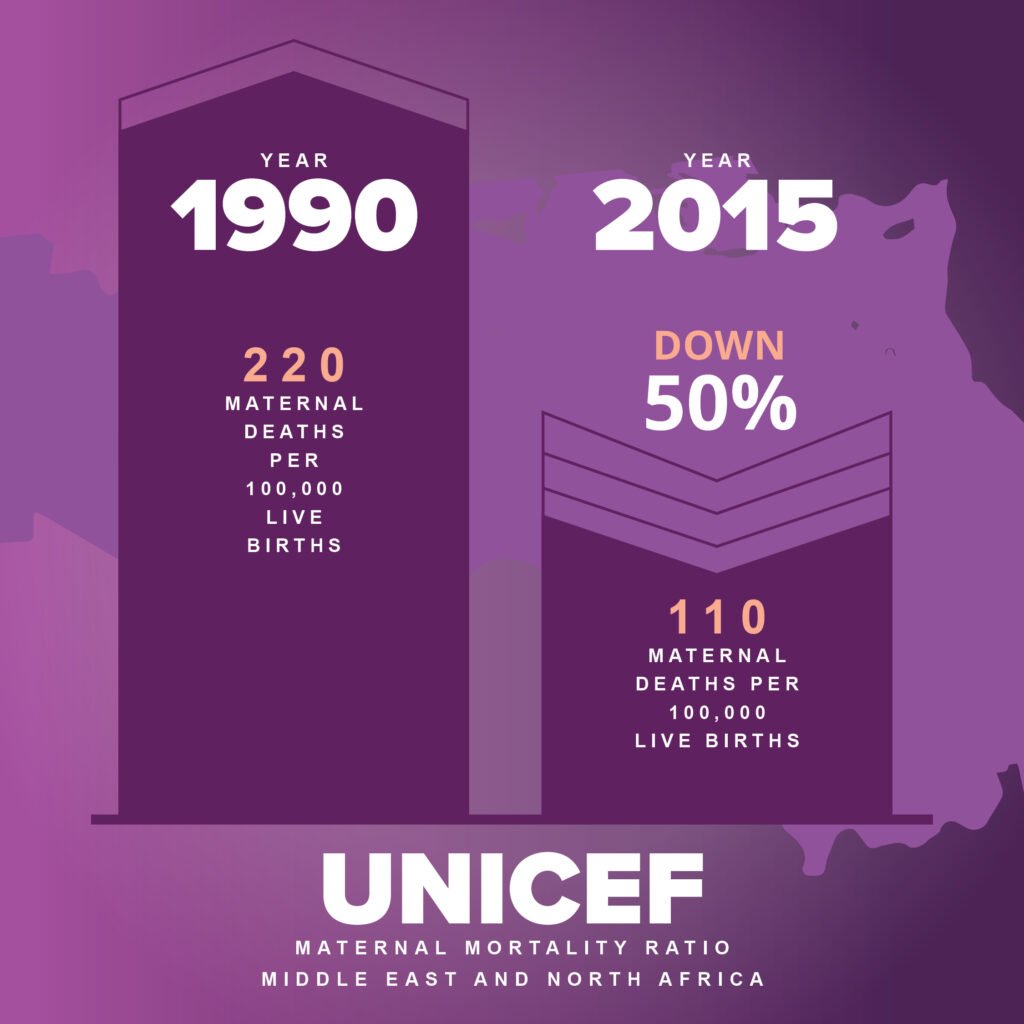
Josie Abboud is the president and CEO of Methodist Hospital and Methodist Women’s Hospital in Elkhorn, Nebraska. She wants to see more women become health care leaders. “Women make up most of our workforce, and women occupy many of the managerial roles in health care. But historically, there haven’t been a lot of women in the executive suite in our industry,” she said.
But she is encouraged by progress. At Methodist, the entire executive leadership team, apart from one role, is currently female.
Important in the Workplace
Women’s empowerment is also important in the workplace. This includes things like equal pay for equal work, as well as equal opportunities for promotion and leadership positions.
Findings from a 2022 World Bank report reveal some sobering facts within 190 economies studied.
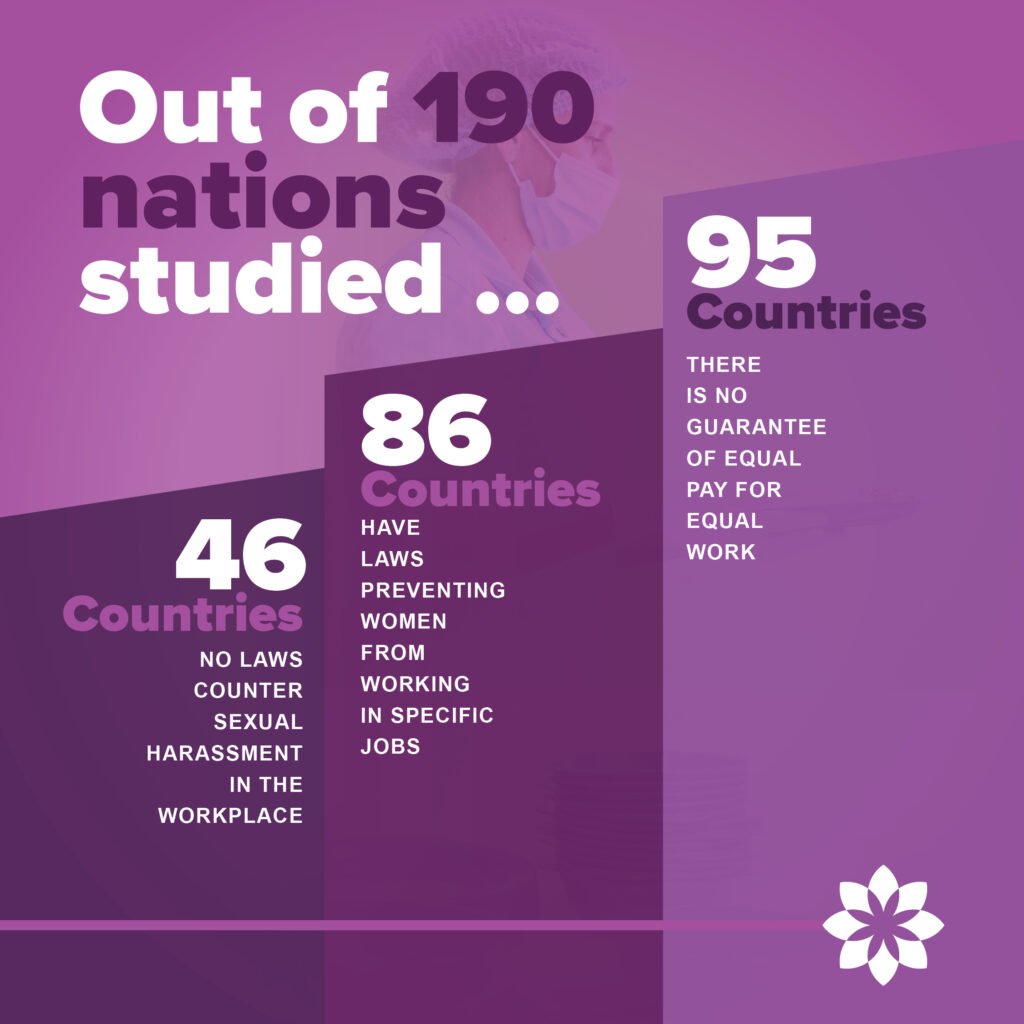
Out of those 190 nations, 86 have laws preventing women from working in specific jobs. In 95 countries, there is no guarantee of equal pay for equal work. In 46 countries, no laws counter sexual harassment in the workplace.
Companies intent on growing and thriving should have policies in place that support women and promote women’s empowerment principles in the workplace. Women make up half of the world’s population, and it is crucial that their talents and contributions are fully utilized in the workforce.
“The skills and discipline that I learned early in my career in banking, I now apply to my current role,” said Sharmla Chetty, CEO of Duke Corporate Education. In a recent interview with Relocate Magazine, Chetty reflected on challenges she has faced as a woman.
“I was shaped by adversity but also by the women around me, particularly my mother and grandmother,” she said. “Although they were oppressed, my mother and grandmother were women of respect, dignity, and life-long learning. They instilled in me the importance of education as a path to opportunity, growth, and a way to escape poverty, particularly for girls and women.”
Importance of Economic Opportunities
Providing access to economic opportunities and resources, such as microfinance programs and support for women entrepreneurs, allows women to be financially independent and self-sufficient and to have a greater say in their own lives and the lives of their families.
While such programs are certainly effective in metropolitan areas, economic empowerment of women in rural areas is also crucial. Women living in rural settings often face unique challenges, such as limited access to:
- • Education
- • Health Care
- • Economic opportunities.
In many cases, these women are also responsible for the majority of the agricultural labor, yet they often have limited control over the resources and decision-making processes that affect their lives. It is important to ensure that women living in rural areas of the world have access to the same resources and opportunities as women living in urban ones.
The International Labor Office estimates that one-fourth of the world’s population — which surpassed 8 billion people in 2022 — is made up of women living in rural settings.
Imagine the good that could be accomplished if 2 billion women could be empowered to become forces for positive change in their communities!
A recent study of the Mahatma Gandhi National Rural Employment Guarantee Scheme (MGNREGS) found that the program had increased women’s participation in the rural workforce and was helping to ensure equal pay. Although disparities still exist, MGNREGS has taken a step towards addressing gender disparities across India.
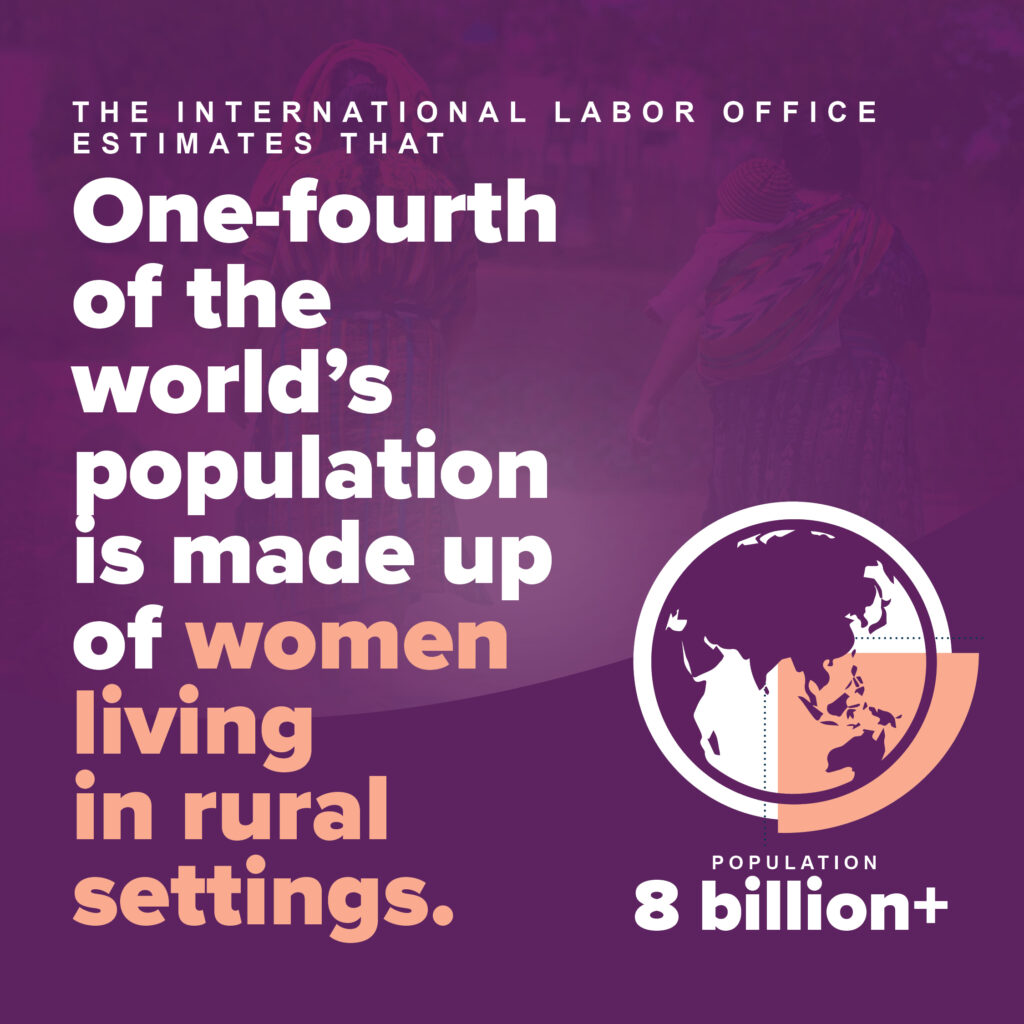
Convoy of Hope’s Women’s Empowerment Program
Convoy of Hope is a faith-based humanitarian organization dedicated to helping people in need around the world.
Convoy’s Women’s Empowerment initiative builds on a foundational concept: When women are empowered, entire communities can be transformed.
Women’s Empowerment is an essential part of Convoy of Hope’s mission to combat poverty and hunger and addresses various challenges women face in developing countries.
Through Women’s Empowerment microenterprise business training, Convoy team members help women start their own businesses. The opportunity to run a business helps women become financially independent, which is essential for breaking the cycle of poverty.
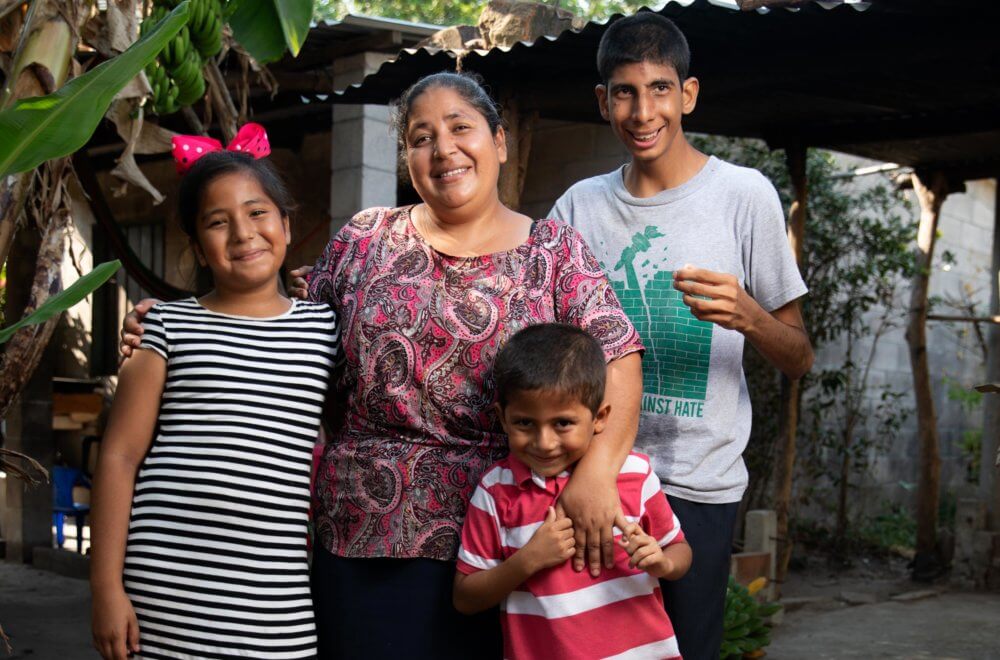
Beyond business training, the program offers financial education and mentoring to help women become successful entrepreneurs.
Convoy’s Women’s Empowerment initiative also:
- • Promotes health education.
- • Promotes maternal and child health services.
- • Raises awareness of gender-based violence.
Convoy of Hope’s Women’s Empowerment initiative is a shining example of how organizations can make a real and lasting impact on the lives of women and girls. By addressing the specific needs of women in developing countries and working closely with local communities, the program is empowering women and improving their overall health and well-being.




